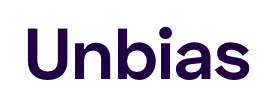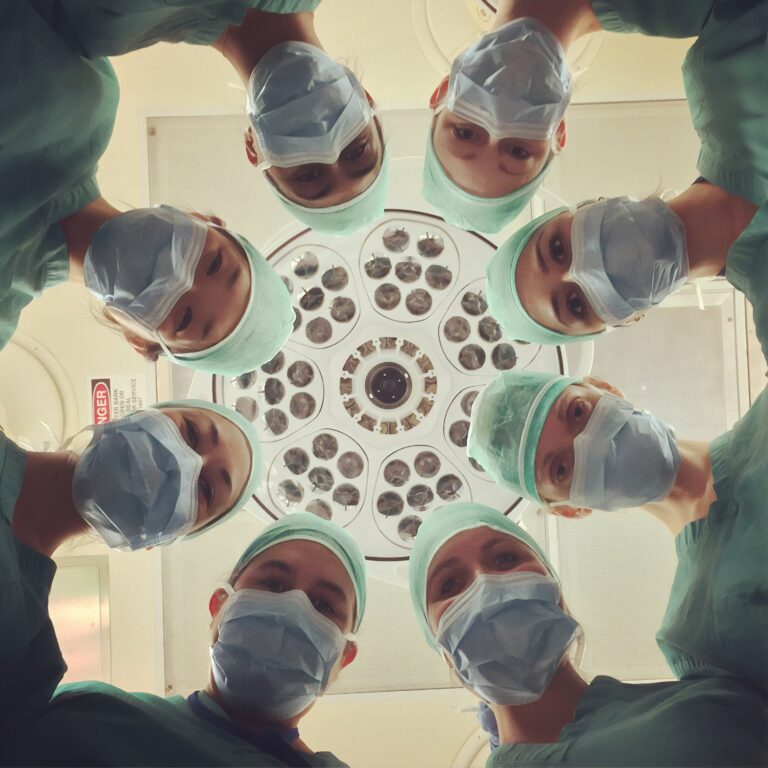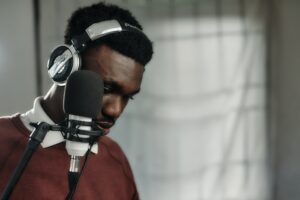We are going to delve into a research study that investigates how individuals learn from failure. Authored by Diwas KC, Bradley Staats, and Francesca Gino from Harvard, the paper examines how surgeons learn from both successes and failures during the performance of a new type of minimally invasive cardiac surgery. The authors analyzed a decade’s worth of data on 71 surgeons who completed over 6,500 procedures. Surprisingly, the paper was featured in a management business journal, not a healthcare one.
The study focuses on two key points: the individual surgeon’s failure rate and the failure rate of their colleagues within the same hospital. The insights garnered from these two areas proved to be both enlightening and counterintuitive.
One might naturally assume that the more mistakes a surgeon makes, the more they learn and thus improve their performance over time. Fascinatingly, this study found the inverse to be true. As a surgeon’s mistake tally increased, their patient outcomes did not get better but instead worsened. In simpler terms, an uptick in a surgeon’s mistakes correlated with a significant rise in their patients’ mortality rates. However, when the focus shifted to the mistakes made by other surgeons in the same hospital, it appears that a surgeon’s learning curve improved when their colleagues made more mistakes. In essence, the failure rate among other surgeons positively influenced the outcomes for their peers, leading to a marked decrease in patient mortality rates.
The research also highlighted that surgeons seemed to learn more from the failures of their colleagues than from their colleagues’ successes. Failures experienced by others had a significantly positive impact on an individual surgeon’s learning and performance, whereas their successes did not.
Furthermore, the study emphasized that past personal successes amplified learning from current failures. With each additional personal victory, current failures presented greater learning opportunities, likely fostering the surgeon’s confidence and receptivity to learning.
Also noteworthy is the finding that the failures of others augmented learning from personal failures. This observation is likely due to the revelation of knowledge gaps. Understanding and acknowledging these gaps might arm surgeons with better strategies to tackle similar situations in the future.
On a larger scale, the study confirmed that a growth in experience improved outcomes. Each additional procedure performed by a surgeon correlated with a 17.3% decrease in patient mortality. Surgeons also appeared to learn more from their own successes than failures, with each personal success contributing to a 46% decrease in mortality.
While these insights seem like conventional wisdom and originate from the healthcare sector, they have profound implications across our industry. Mainly because it takes a lot of effort by many to make a project succeed. Alas, a failure by a surgeon is a big deal, but in music the shit is deep when something doesn’t work as expected. It’s the nature of creating art. The critical factor is in recognizing the value within failure and why didn’t work, not as a dead-end, but as a springboard for growth.
So my key takeaways from this paper are:
A) We often function within communities and stand to benefit significantly from observing and learning from our peers’ failures. Personally, I’m always observing technology companies in the audio and music space. I meticulously analyze their products, strategies, and customer needs. This is not competitive research but a genuine interest to learn what to not do. For artists and managers, which of your peer’s music projects succeeded, and which fell short? Which campaign worked and which didn’t? For instance, can we know why a particular artist’s song or album didn’t do well?
B) It’s challenging to learn from our own failures, largely because we tend to attribute them to reasons outside our control. There’s always a knowledge gap and while it’s difficult to identify, slowing down our thinking process can help recognize when we are on a path that’s not yielding the desired results.
Unbias is building an AI product with marketing capabilities. Join our waitlist here to get early access.




